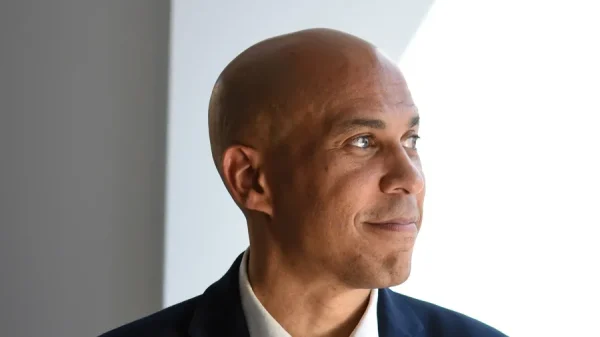Facial Recognition Looks to Make its Way Onto College Campuses
From security cameras to our phones, facial recognition is becoming more commonplace in today’s society. However, with new technology comes concerns about security and privacy. With universities looking to implement facial, groups such as Fight for the Future have actively voiced their objection to the use of facial recognition on college campuses. On the group’s website, 64 colleges such as Wake Forest have pledged to not use facial recognition, while 12 colleges such as Stanford have already implemented the technology. Meanwhile, 26 colleges such as Ohio State are still debating whether to allow facial recognition on campus.
Sara Hong, a student at Wake Forest University stated, “I have mixed feelings regarding facial recognition. While I understand its merits in terms of security, I recognize that the culture of the community and country regarding what can be considered an invasion of privacy must be taken into consideration. The will of the public and people’s trust in the government are also factors that must be considered. Wake Forest is a small school with very few incidences that would need facial recognition. Most unsafe practices and dangerous incidents occur in locations that don’t even have security cameras.”
Proponents of facial recognition argue that the technology could be used to increase safety, identifying threats or perpetrators on campus. For example, in 2018, Anne Arundel County used the technology to identify the suspect responsible for the Annapolis Capital Gazette shooting. However, this raises the concern that government agencies could abuse the power facial recognition gives them and continue to privately monitor people. During the Freddie Gray protests, facial recognition was used to identify participants and arrest them later for unrelated crimes.
A major argument against the use of facial recognition on college campuses is that the technology is discriminatory. In cities such as Detroit where police have utilized facial recognition, some citizens argue how the technology is more likely to misidentify people of color and women. According to another study conducted by the Independent, facial recognition software used by UK Metropolitan police is inaccurate in 98% of cases. Most notably, UCLA has dropped considering using facial recognition after Fight for the Future conducted a study using athlete and faculty photos where 14.5% of the images were falsely identified, with a majority of those being people of color. Student groups also voiced concerns at town halls, such as being locked out of dorms, or being falsely accosted and stigmatized by campus police.
Savannah Moss, a student at Georgetown University expressed, “I do not think that facial recognition would be effective in improving campus security at my university, particularly if the end goal is to prevent school shootings. Given the limitations in the facial identification data access of campus security (they would be reliant on university ID card photo records as they would not have access to DMV, DoS, or DHS records), they would only be able to positively identify those people who have student, faculty, or staff IDs. But at my university we have a wide range of people on campus who do not have university IDs but who nevertheless are on campus for legitimate purposes, whether it be as a guest lecturer, a prospective student tour group, visiting family members, or any other number of reasons. Facial recognition technology would not be an effective deterrent against perceived threats from outside the university community as there are simply far too many people who would be unidentifiable through the university facial data to be able to pick out the proverbial needle in the haystack.”

Daniel Tuan is a Senior Humanities student and in his second year writing for the Poolesville Pulse! Daniel has performed piano at various venues, such...








